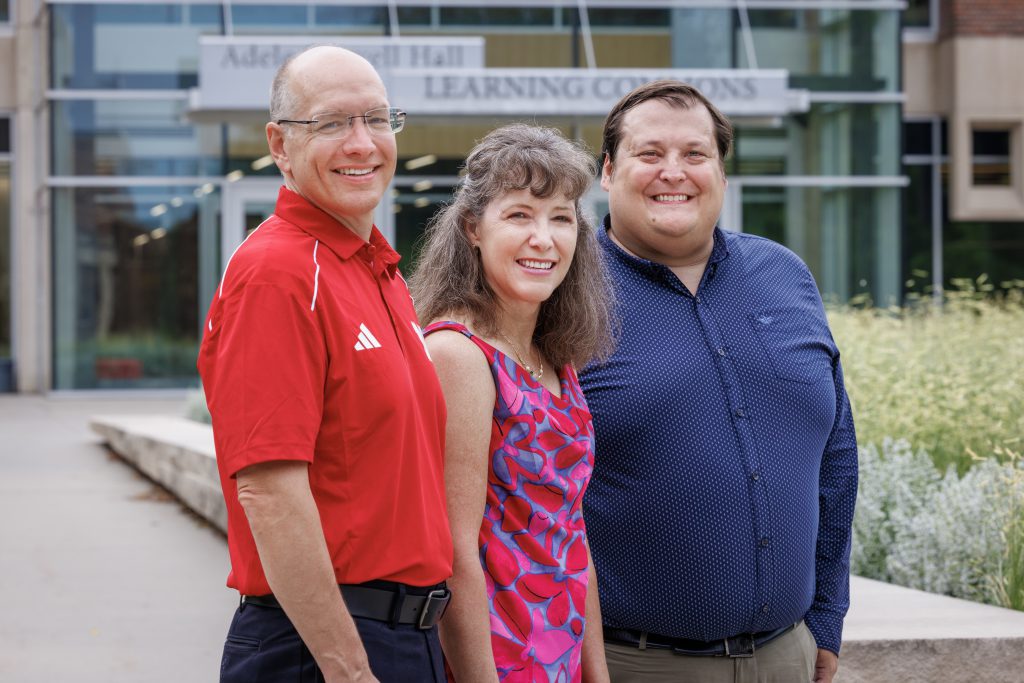Creating a culture where ‘at-promise’ students thrive
First-generation, low-income and underrepresented racial and ethnic minority university students are often termed “at risk.” That’s because their academic success and degree completion rates persistently lag behind their peers, despite programs and resources designed to close equity gaps.
Nebraska is trying a new approach. It starts with changing the way the university characterizes these students, said project leader Amy Goodburn, senior associate vice chancellor and dean of undergraduate education. They’re better cast as “at-promise” students.
“They’re only at risk if we don’t create a culture in which they can thrive,” she said.
This terminology shift is one facet of Nebraska’s push to remake its culture for these students, who bring an array of unique, but often underrecognized, strengths to campus. The overhaul is based on the ecology of validation framework, a model stemming from extensive research on at-promise students at the University of Nebraska’s Lincoln, Omaha and Kearney campuses. The research is being conducted by the Pullias Center for Higher Education at the University of Southern California.
The framework focuses on proactively identifying students who need support and connecting them to resources in a holistic, proactive way tailored to their individual strengths and identities. It’s a major departure from traditional approaches focused on services and resources.
“Students have no idea how to navigate the resources available to them,” Goodburn said. “Research shows that it doesn’t matter which programs exist. What matters is how they’re delivered to at-promise students.”

Toward this end, her team hired 10 grant-funded staff professionals, called Academic Navigators, who use data to pinpoint students who need support. Navigators look for red flags – a student who hasn’t signed up for academic advising, for example, or a student who drops a course late – and offer help at these pivotal moments.
The university also deployed Student Success Hub, part of the campus’s constituent relationship management system Salesforce, to communicate more effectively with all students. It enables targeted messaging and robust data collection on emails and texts, shedding light on which messages are most effective.
Identifying practices that can be carried out nationally to better support at-promise students’ degree completion is a major goal. Goodburn’s team is documenting its efforts to help campus units and other institutions adopt and tailor the framework.
The team includes Bill Watts, associate dean for student success, and Joseph Lynch, director of the Academic Navigators. A four-year, $4.3 million private foundation grant funds the project.
+ Additional content for Creating a culture where ‘at-promise’ students thrive
Nebraska Today: Troupe, fellow Academic Navigators, offer resources to students
News release: New team helps students successfully navigate academic paths








